If you’ve never needed dental care more serious than a filling, congratulations! But if you’re like most of us, you’ll have to think about crowns at some point, and bridges or implants later in life.
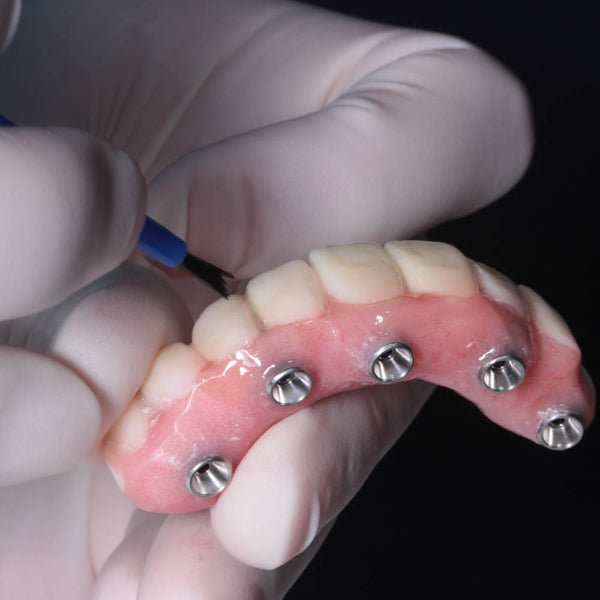
Crowns, Bridges, and Implants, Oh My!
Crowns, Implants, and Bridges
Crowns and Bridges:
Dental crowns are extremely common. They protect teeth that are badly damaged while leaving the root in place, which prevents bone loss in your jaw. They are made of durable materials that match the rest of your teeth, so that they blend in with the rest of your smile. Your damaged natural tooth is filed down and the decay removed and filled, and then a cap, or “crown” is molded and placed on top.
Crowns are also used to hold certain types of permanent bridges in place.
A bridge contains false but natural-looking and durable teeth that fit in gaps where your own teeth have fallen out or had to be removed. Bridges do not replace a tooth root, but instead remain above the gum line. Though they do require crowns on the neighboring teeth, they are relatively quick to install and are not as invasive as implants. So long as your neighboring teeth are healthy and stable enough to support the bridge, you are a candidate. A well-cared for bridge can last 10-20 years.
Implants:
Implants involve placing an artificial root, usually titanium, into the jaw. This creates an extremely stable and durable replacement that also prevents bone loss in the jaw, but it is a much longer and more costly process than installing a bridge. Also, not everyone is a good candidate for implants- the jawbone must meet density and quality criteria, and smokers must quit smoking as their failure rate is higher. It can take six months for the implant to fuse with the jawbone before a permanent crown is placed. However, a properly cared for implant can last 40 years.
What do these all have in common? Margins.
A margin refers to the edge, or lip, of the crown or implant. This is where the false tooth and your natural tooth, or your gum line in the case of an implant, meet. While the surface of the crown and the titanium of the implant are extremely durable, the margin is a fragile area that must be maintained to insure the longevity of your tooth replacement. In crowns where your natural tooth remains underneath, decay can occur at and under the margins if bacteria are allowed to grow. With implants, gum disease and peri-implantitis are risks if the margins are not properly cared for.
What is peri-implantits?
Peri-implantitis is an infectious disease that will affect more than 40% of people with dental implants. This disease leads to inflammation of the gum and bone surrounding a dental implant. This inflammation causes bone loss, which can cause the implant to loosen and fall out. Because the dental implant cannot attach to the gums as easily as real teeth can, the gum tissue is looser around implants. These loose margins can harbor bacteria, leading to disease over time without proper maintenance. Smokers, people with periodontitis, people with diabetes, and those with a genetic predisposition are all more likely to experience this issue.
What do I do about my margins?
Most people maintain their crowns, bridges, and implants like normal teeth, with brushing. White this is fine for the surface of the tooth, it may not be enough to get into the margins, which are small and extend all the way around the affected teeth. Flossing helps with crowns, but it can be very tricky to get under bridges and implants properly. Additionally, anyone with mobility issues in their hands, fingers, or jaw may struggle to get floss into all the necessary places.
Some people use mouthwash, but alcohol-based mouthwashes are problematic. Alcohol is a drying agent, which reduces the amount of saliva in the mouth. This makes any dry mouth condition worse. Furthermore, saliva is a natural tooth-cleaner; its job is to flush out harmful bacteria and make it difficult for bacteria to stick to your teeth. Without enough saliva, bad breath- and decay- causing bacteria can grow more easily— exactly what you *don’t* want!
An easy solution:
OmniFoam’s hydrogen peroxide-based foam is designed to be used either on a brush as a rinse, or in trays, making it easy for everyone to reach all necessary areas. The foam easily penetrates under bridges and into the gum line of implants, where it kills 99.999% of decay- and odor- causing bacteria in 60 seconds, without drying the mouth or causing sensitivity.
Make sure to take care of your implants, crowns, and bridges, and they will last a very long time!
Related Articles
-
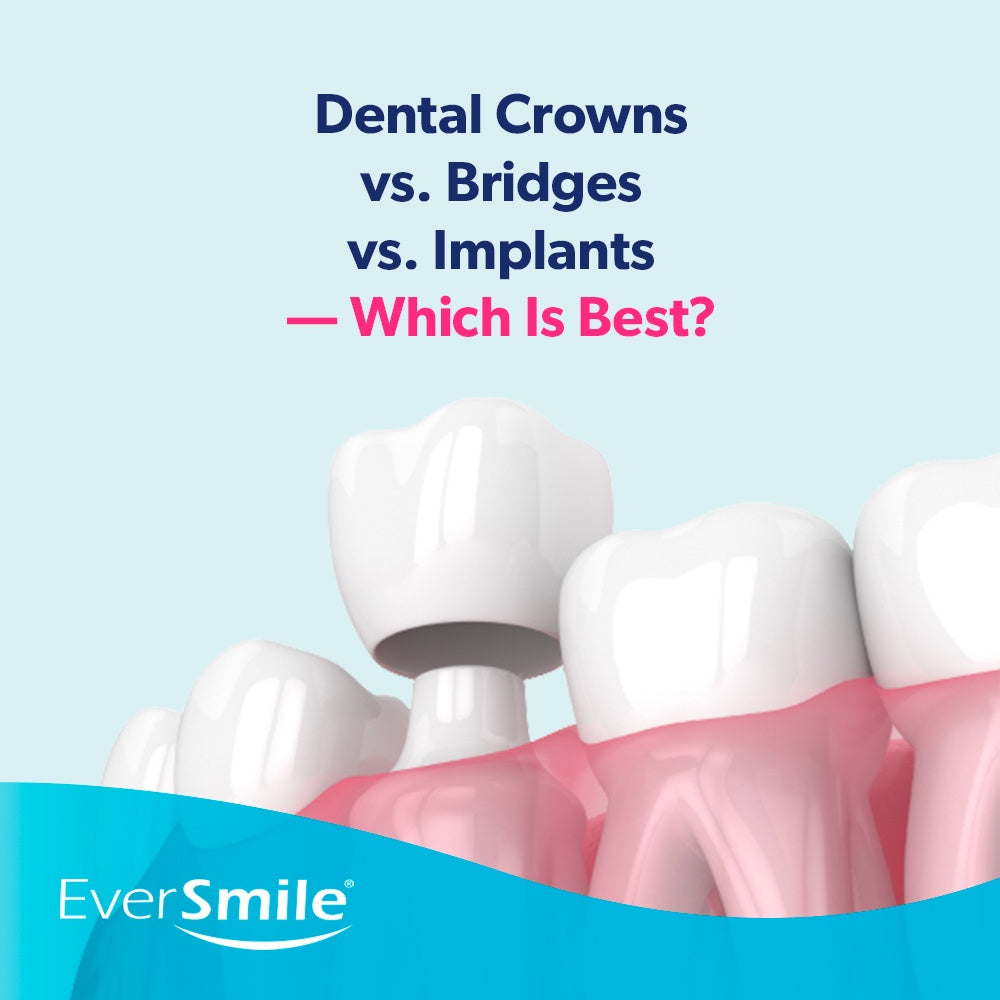
Dental Crowns vs. Bridges vs. Implants — Which Is Best?
If you've ever thought about replacing a missing tooth or trading in your uncomfortable dentures, then you've probably considered your options — dental crowns, bridges or implants. So what's the difference between the three? Dental implants, crowns and bridges are relatively similar as they replace...
Read More -

14 Tips for a Healthier Smile
A smile is often one of the first things people notice about us, and many people take great pride in having an attractive smile. However, the importance of having a healthy smile goes beyond mere appearances. The health of our teeth and gums is directly tied...
Read More -

Dental Crowns vs. Bridges vs. Implants — Which Is Best?
If you've ever thought about replacing a missing tooth or trading in your uncomfortable dentures, then you've probably considered your options — dental crowns, bridges or implants. So what's the difference between the three? Dental implants, crowns and bridges are relatively similar as they replace...
Read More -

14 Tips for a Healthier Smile
A smile is often one of the first things people notice about us, and many people take great pride in having an attractive smile. However, the importance of having a healthy smile goes beyond mere appearances. The health of our teeth and gums is directly tied...
Read More -
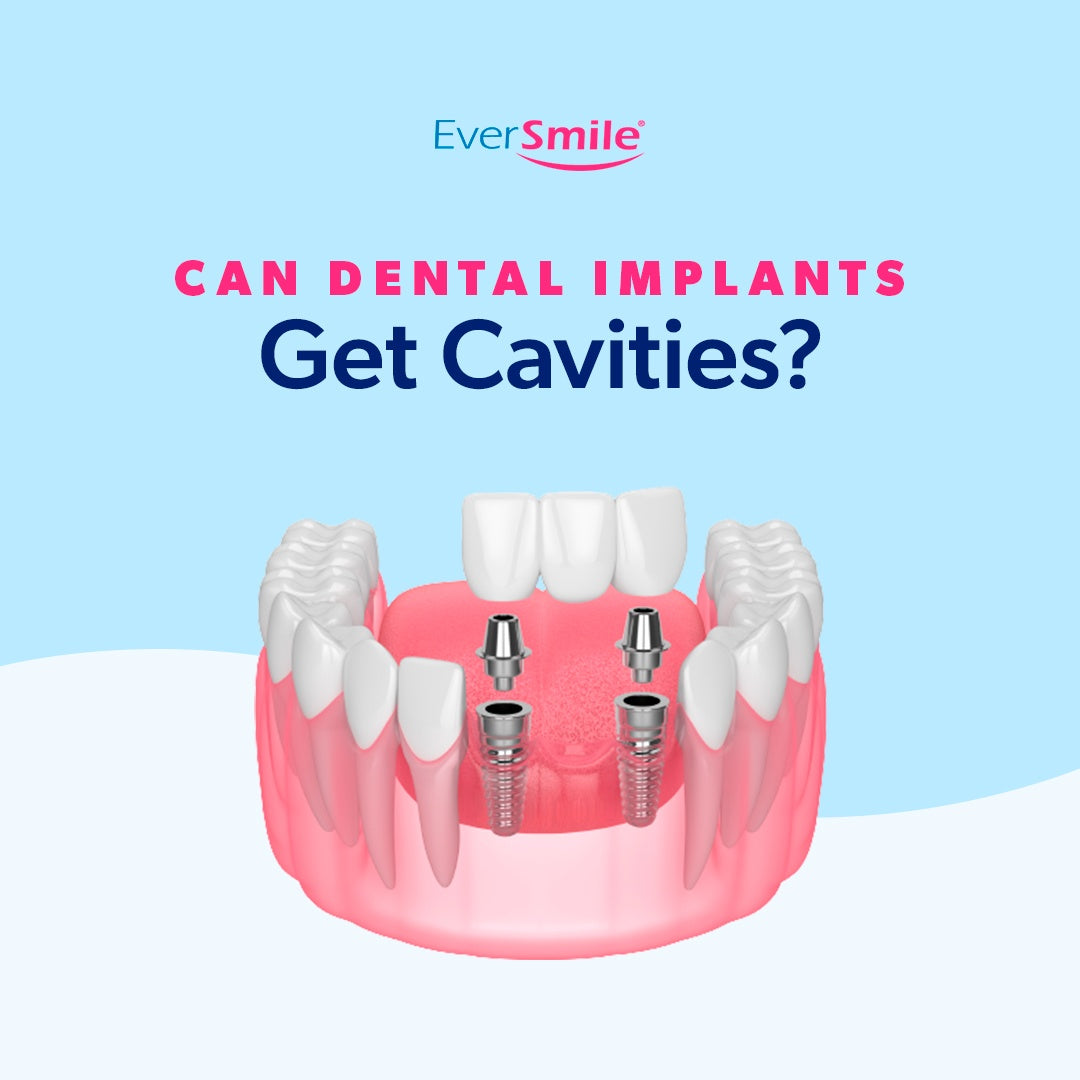
Can Dental Implants Get Cavities?
If you have dental implants, it's normal to have a few questions. In fact, many people with dental implants contact their dentists with the same frequently asked questions, like if dental implants can get cavities. Dental implants do not get cavities. But, there are other...
Read More -

Dental Crowns vs. Bridges vs. Implants — Which Is Best?
If you've ever thought about replacing a missing tooth or trading in your uncomfortable dentures, then you've probably considered your options — dental crowns, bridges or implants. So what's the difference between the three? Dental implants, crowns and bridges are relatively similar as they replace...
Read More -

Tips for Recovering From Dental Implant Surgery
Dental implants can have a huge positive impact on your smile and the quality of your life. That said, the procedure is an oral surgery that requires specific post-surgical care for proper healing. Your doctor will help guide you through the recovery process with instructions...
Read More -

14 Tips for a Healthier Smile
A smile is often one of the first things people notice about us, and many people take great pride in having an attractive smile. However, the importance of having a healthy smile goes beyond mere appearances. The health of our teeth and gums is directly tied...
Read More -
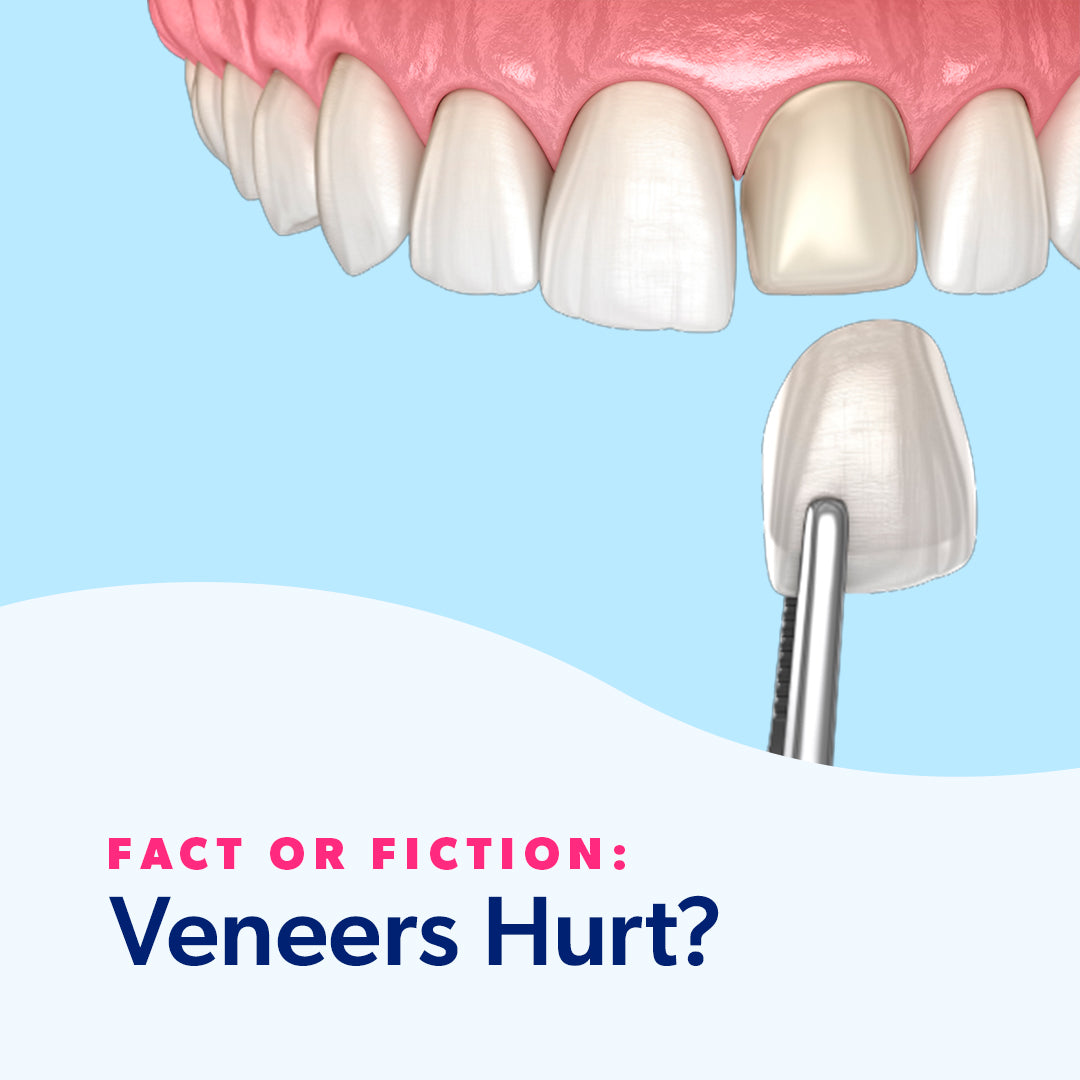
Fact or Fiction: Veneers Hurt?
People choose to get dental veneers to make their front teeth look straighter and whiter for a more confident smile. Getting veneers involves a low-impact dental procedure, and many people have questions about the process. Do veneers hurt afterward? Are there any problems with veneers...
Read More
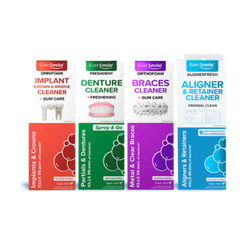
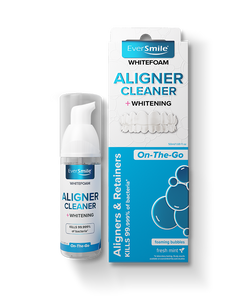
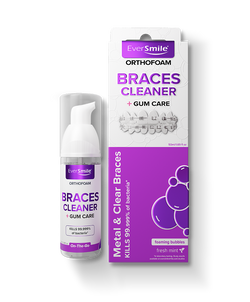
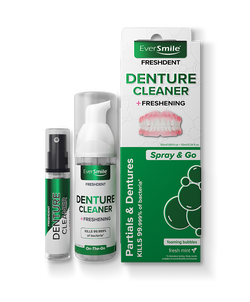
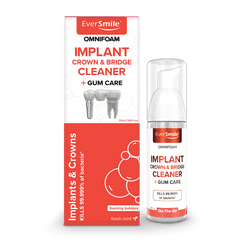
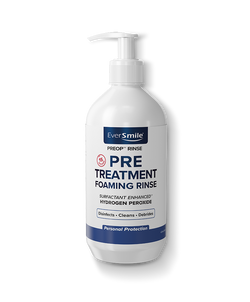






Post a Comment!